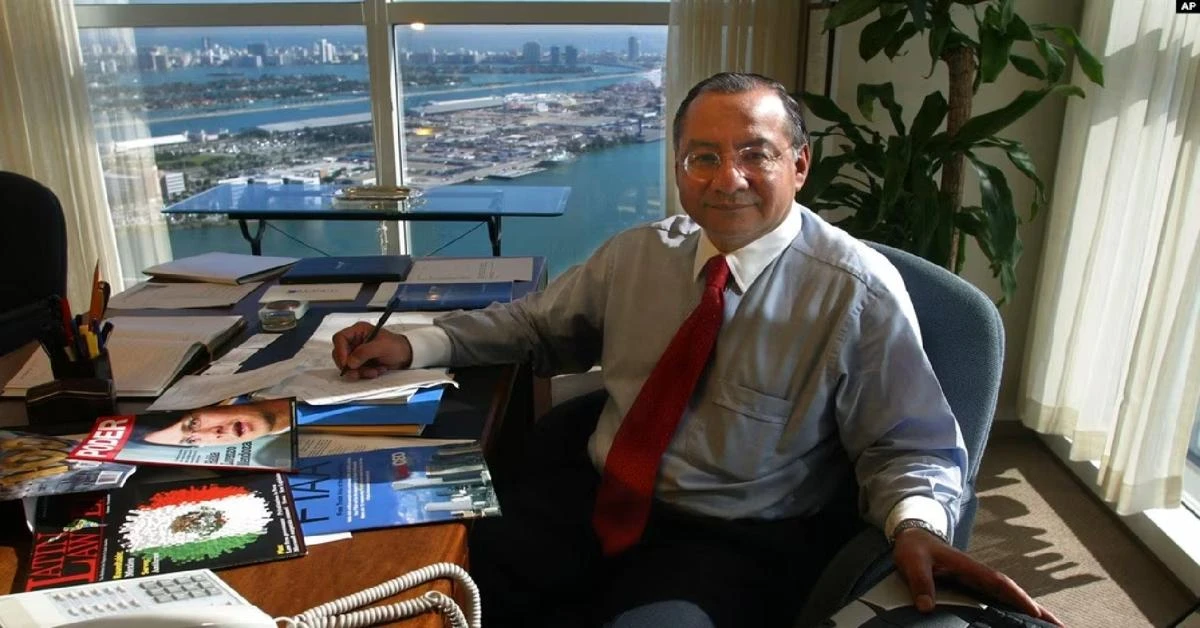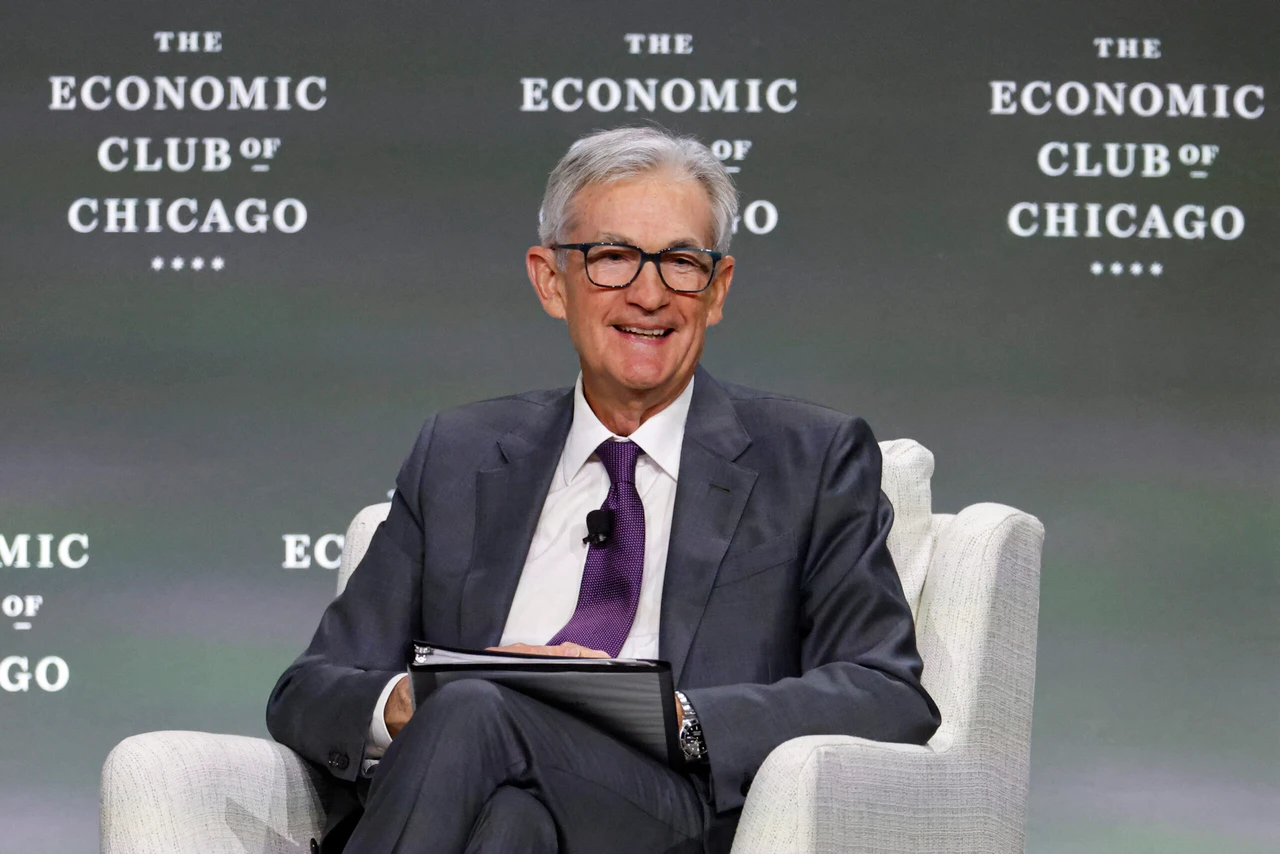US diplomat confesses to espionage on behalf of Cuba throughout career

A high-ranking US diplomat admitted to working for communist Cuba for years, ending the case quickly with prosecutors calling it a major betrayal
A former high-ranking U.S. diplomat confessed to a federal judge on Thursday that he intends to plead guilty to charges of covertly serving as an operative for communist Cuba over many years, marking a surprisingly swift conclusion to a case described by prosecutors as one of the most audacious betrayals in American diplomatic history.
Manuel Rocha’s dramatic downfall may result in a lengthy prison sentence following his acknowledgment, at 73 years old, of federal charges related to conspiring to act on behalf of a foreign government.
Both prosecutors and Rocha’s legal representative hinted at a plea agreement that includes a predetermined sentence, although specifics were not revealed during the court session. Rocha is set to return to court on April 12 to formalize his guilty plea and receive his sentence.
When asked by U.S. District Court Judge Beth Bloom if he desired to change his plea to guilty, Rocha, bound at the hands and feet, responded, “I am in agreement.” In return, prosecutors agreed to dismiss 13 charges, including wire fraud and providing false information.
The concise court session did not shed new light on the mystery surrounding Rocha’s activities in aiding Cuba while serving at the State Department for two decades, which encompassed roles as ambassador to Bolivia and key positions in Argentina, Mexico, the White House, and the U.S. Interests Section in Havana.
Known as “Ambassador Rocha” within Miami’s affluent circles, Rocha cultivated an air of aristocracy and sophistication, reflecting his education at Ivy League institutions. Following his government tenure, he worked as a special adviser to the commander of the U.S. Southern Command and more recently aligned himself with the hardline Cuba policies of Donald Trump, a facade that friends and prosecutors assert Rocha adopted to conceal his true loyalties.
Peter Lapp, who supervised FBI counterintelligence operations targeting Cuba from 1998 to 2005, suggested that the swift resolution of the case benefits not only the elderly Rocha but also the government, which stands to gain valuable insights into Cuba’s infiltration of U.S. foreign policy circles.
In typical counterintelligence scenarios, the defendant faces espionage charges. However, Rocha was accused of the lesser offense of acting as a foreign agent, which carries prison terms ranging from five to ten years, facilitating an agreement between prosecutors and Rocha.
Lapp commented, “It’s a mutually beneficial outcome. He receives a substantial reward and the opportunity to reunite with his family, while the U.S. gains the ability to conduct a comprehensive damage assessment, a task that would be challenging without his cooperation.”
Nevertheless, the sudden agreement drew criticism from the Cuban exile community, with some legal experts expressing concerns that the outcome was too lenient.
Carlos Trujillo, a Miami lawyer who served as U.S. Ambassador to the Organization of American States during the Trump administration, remarked, “Any sentence that allows him to regain his freedom would not be just. He is a spy for a foreign adversary who jeopardized American lives.”
A spokesperson for the Justice Department declined to provide a statement.
Source: Newsroom



